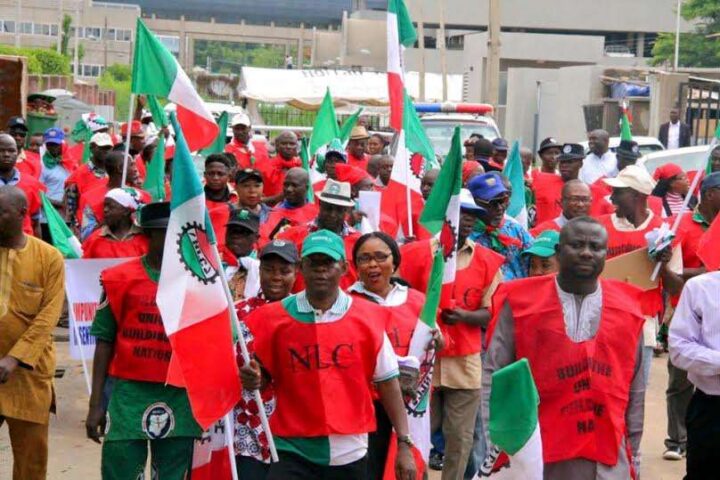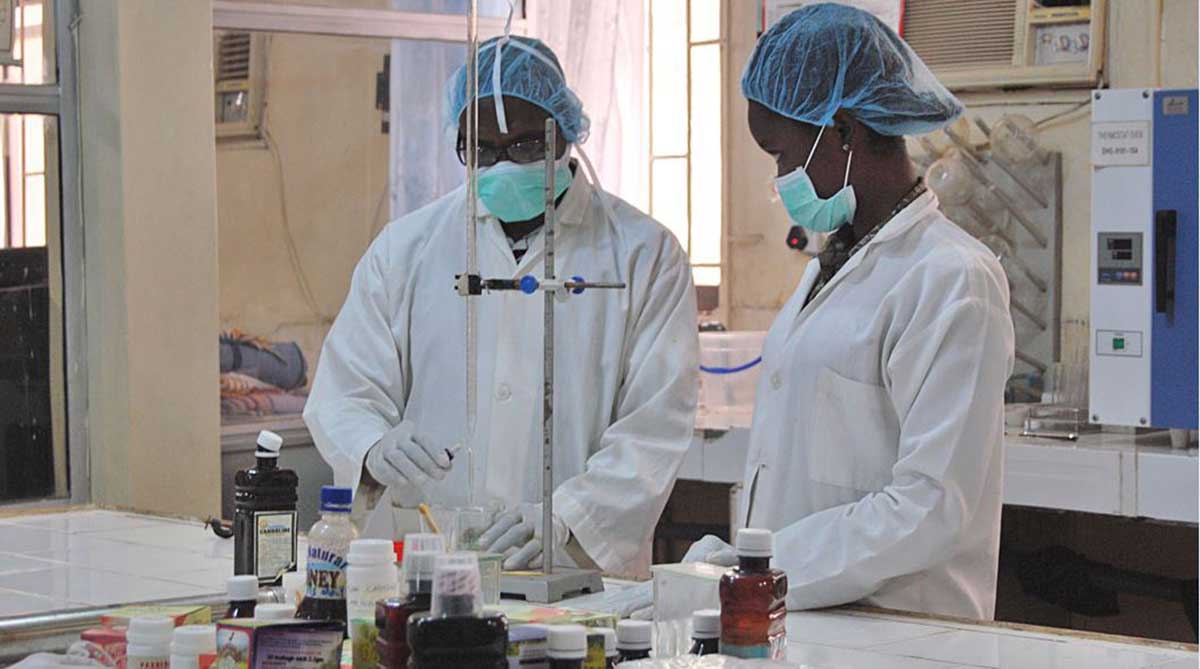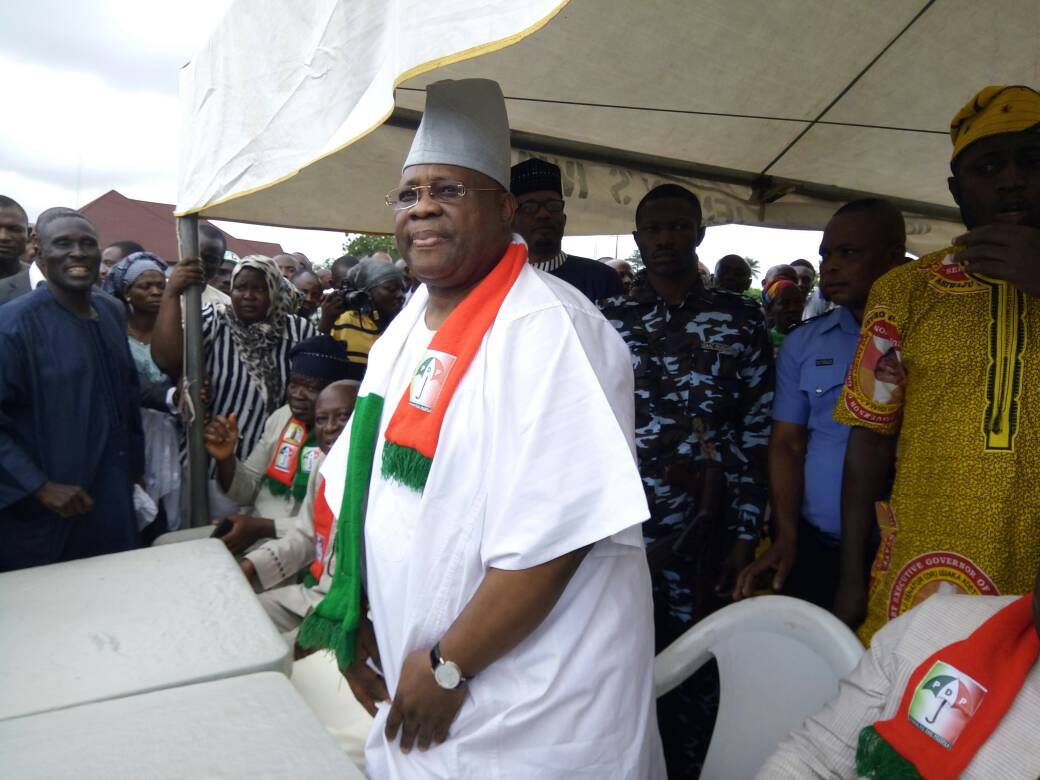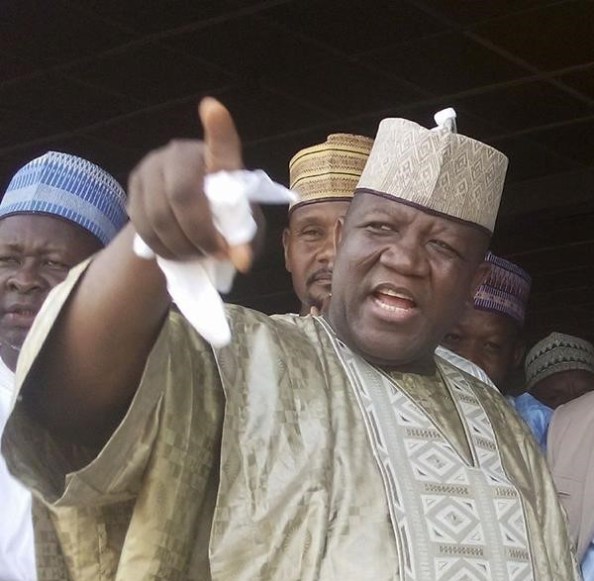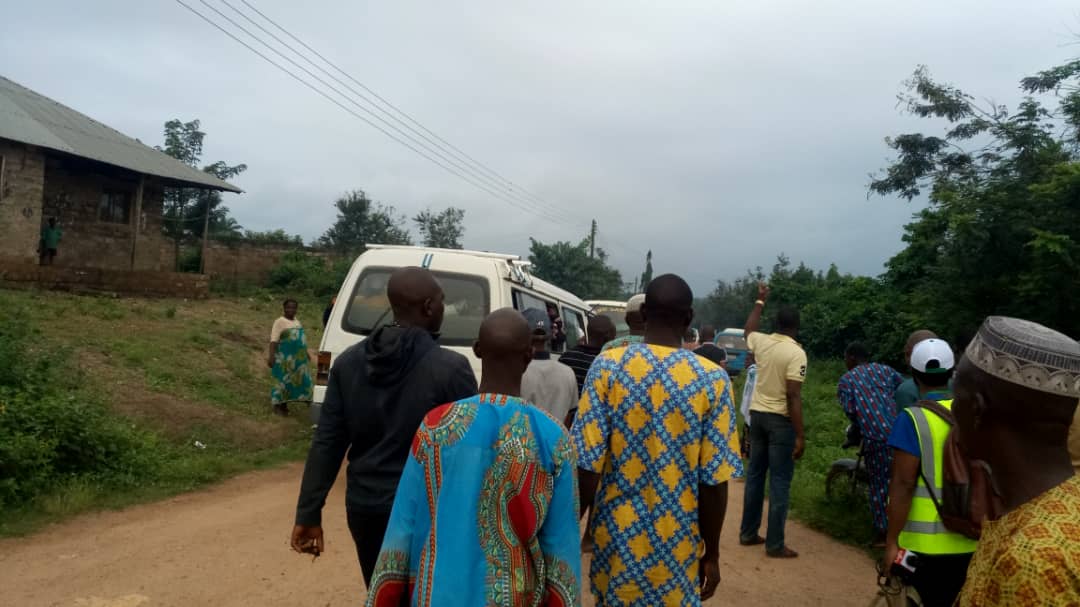According to media reports, over 300,000 people have applied for the about 4,000 Federal Road Safety Corp job vacancies which recruitment process is currently on-going. Statistically, every single vacancy is chased by at least 75 possibly qualified applicants or more. Some few years ago, it was reported that over 800,000 people applied for some few thousand INEC job vacancies. Reports available then, suggested that the figure was just conservative going by the fact that the deadline for closure of the applications was just mid-way.
When the Nigerian Police Force recruited 10,000 officers last year, the trend was similar; in fact over the last one and a half decade, any massive recruitment exercise has been greeted by this desperate rush. The circumstance in which some twenty one Nigerians lost their lives while many others sustained different degrees of injuries in search of jobs with the Nigerian Immigration Service in 2014 is still fresh in our minds. Apart from the dead, fainted, slumped and the injured, hundred others lost all or some of their heard-earned academic credentials in stampedes.
The irony of all these is that while majority of employed Nigerians at various levels are working under one of the least conducive atmospheres coupled with one of the most unrewarding remuneration packages, millions of other Nigerians are willing, struggling, fighting and even dying to become like them. When Nigeria reviewed its minimum wage to N18,000 almost a decade ago, Venezuela already had its at N80,000 while several other developing countries in and outside Africa paid between N25, 000 to N90, 000. Worse still, Unemployed Nigerians virtually have no power over their fate as the processes through which they can escape their predicaments are usually anything but transparent and credible. That’s not all; every year, the backlog of unemployed graduates keeps accumulating with the addition of fresh ones who are not only mostly unemployable, but who lack any initiative and guidance to see opportunities outside the prism of government jobs.
The Nigerian Labour Congress is preparing to go on strike over the Federal Government’s alleged foot dragging and lacklustre attitude towards finalizing talks that will pave way for a hypothetical new minimum wage which figure appears to be undecided. While it has been reported that NLC is demanding N56,000 or N65,000, the private sector proposing N47,000 and states appear reluctant to name a figure. To be fair and honest, one cannot fault Nigerian workers if they ask for a pay rise considering the high level of inflation that have made the price of some goods and services to more than quadruple since the last time minimum wage was reviewed. The popular feeling among the labour circles is that every commodity in Nigeria adds value every now and then except workers’ wages. Since, they don’t have the power to control the cost of living; the only language they’ll understand is a pay rise.
Advertisement
Looking beyond the minimum wage however, there are so many directly and indirectly related questions and issues which we must be asking and raising aside the minimum wage itself. Is the new proposed minimum wage viable considering the economic situation of local, states and federal governments as well as the private sector? What do we do with rising unemployment crisis in the land? Is there a need for general labour reforms in the country? What are the other issues surrounding wages; wage structure, wage timing, wage equity, etc? As the engine room of the Nigerian bureaucracy, what role is labour playing in the country’s development? What is the initiative or lack of it of the Nigerian labour towards moving the country forward?
More than 20 states in Nigeria have at various times between 2013 to 2018 been unable to pay workers’ salaries despite a series of Federal Government bail-out given to them through the Central Bank of Nigeria at various times. Before the bail-outs and Paris Club refunds, the states owed workers from between 2 to 12 months salaries. Several months later, many of these states still owe workers. It is still not very clear whether this problem still persists because some of the states allegedly misapplied or even diverted the bail-out funds or because the bail-out funds were not just enough to solve the problem. Whatever the case, one thing that is crystal clear is that majority of the states in Nigeria are not economically fit to exist as states not to talk of having the ability to pay a revised minimum wage and hence no short-term solution can change this. Of what general value will the minimum wage be when not all employers can pay it?
Our tragedy is not that we have carelessly allowed our governments to be the biggest employers and are battling to pay an existing minimum wage that is at par or below the world severe poverty line parameters; it is that a revised minimum wage can only last for a while even if implemented. It is painful to say this, but as long as our economy is unstable and vulnerable to inflation, we may need to review the minimum wage upward almost every year which is quite unrealistic. Only a stable and growing economy would allow citizens to make significant meaning out of their earnings. Another issue is that Nigerian workers depend almost entirely on their salaries for everything. Long term subsidized packages from government and private sectors that will allow them acquire basics like houses, cars and other properties are not popular in this part of the world.
Advertisement
The unemployment crisis we are being faced with will sooner or later consume this country if left unsolved. Seeking for a job in Nigeria is a job in itself. The sooner we treat it as a national emergency, the better. Government cannot provide employment for all, but it can seek partnership with labour to open up the private sector and expand its capacity as well as mentally prepare graduates to think outside being employees and become employers themselves. Government must also reform the recruitment process at all levels to accommodate transparency, credibility and meritocracy to have semblance of justice, fairness and inclusiveness. As long as employment continues to be a privilege of the connected few citizens, a violent revolution driven by frustration one day awaits.
We always blame the politicians for the corruption and backwardness of the country without looking at the roles of the civil and public servants in that regard. The question is whether Nigerian workers at all sectors are playing their part towards a better Nigeria. For example ASUU have been going on strike for years blaming the government for almost everything without looking inwards. The union has been seeking a rise in education quality from without more than it is seeking it from within. Isn’t the union aware of how internal recruitment of lecturers has now been dominated by nepotism and favouritism? While this has resulted to the system becoming replete with incompetent hands, how much has the union tried to stop university administrators from doing this? How is the union working towards mounting a mechanism that will expose the incompetent members among its ranks who are the main drivers of poor quality education in the country due to their poor teaching?
The need for general and far reaching labour reforms in the country is imminent. Consider the fact that in this country, two graduates of the same discipline and experience and roughly the same nature and amount of work employed in different sectors would be earning different wages that are miles apart. One may be earning between N40,000 to N60,000 because he works in a state or federal ministry office while the other may be earning between N250,000 to N500,000 because he is working in CBN, NNPC, NCC, DPR, NPA, NIMASA or FIRS. With this, how do you expect all workers to be fighting for the same cause? There is no labour law in Nigeria you will review and get any convincing justification for this inequity.
The argument usually advanced is that these are agencies where huge monies are generated or involved and hence the workers there must be paid well or else there’ll be corrupt. Isn’t this a clear admittance of the inability to discipline workers? Is this to say revenue generation is the most important national priority? Should others working in sensitive places like justice and environment be neglected since they don’t generate revenues? The bigger problem is that it is not anybody’s fault that he is not able to work for these agencies since their vacancies are only reserved for the privileged.
Advertisement
While government complains of shortage of funds, politicians who supposed to be public servants earn huge, mind-blowing and sensibility-insulting wages that are enough to cater for so many Nigerian workers and even employ numerous others.
From the 1960s to date many developed and developing countries in Europe and around the world have enacted laws to guarantee wage equity so that differentials in wages would not be determined by gender, race, status or privilege, but rather, if necessary by qualification, experience, profession, amount and nature of work as well as risk involved. Here in Nigeria, the wage gap keeps expanding not only across tiers of government, but across sectors and agencies with little or no justifications. There is need of wage harmony and regularization.
While the Nigerian Labour Congress is declaring a warning strike over the minimum wage, it will be better if it starts looking beyond it to attain substantial and sustainable gains in the Nigerian labour system along with global best standards. To achieve that, short term solutions like the minimum wage, though vital will not suffice. A larger stakeholder effort may have to be initiated to look into the problems holistically and come with bold action plans to solve the problems.
Twitter: @AmirAbdulazeez
Advertisement
Views expressed by contributors are strictly personal and not of TheCable.
Add a comment

